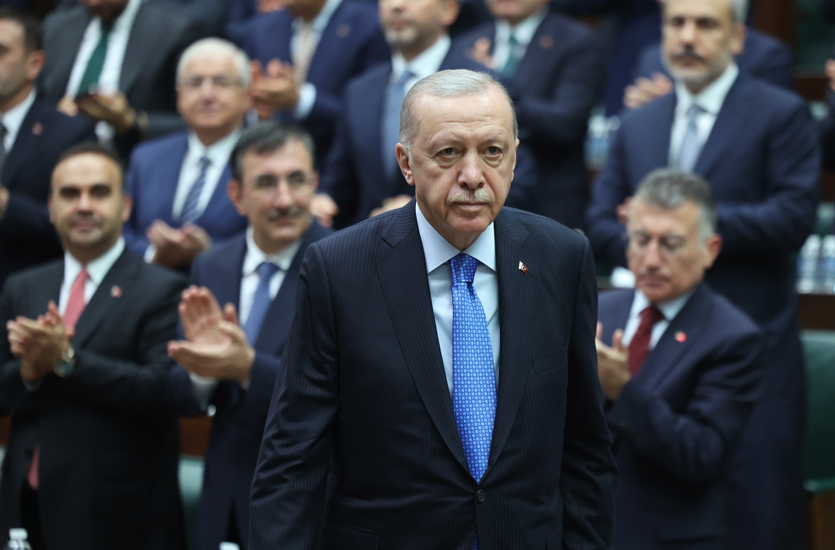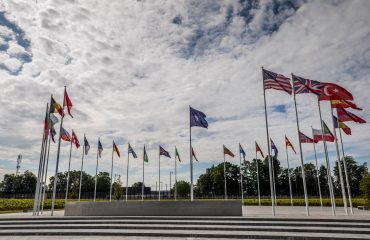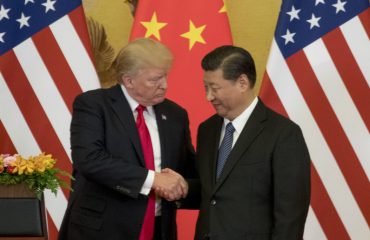

In recent days, President Tayyip Erdoğan’s sole piece of positive news came from the National Intelligence Organization (MİT), which orchestrated one of the most comprehensive prisoner swaps between the USA, Russia, and Germany. However a stream of unfavorable news and decisions suggests that all is not well in Ankara. Announcements coincided with controversial events, creating a perfect storm. (Photo: Presidency)
In recent days, President Tayyip Erdoğan’s sole piece of positive news came from the National Intelligence Organization (MİT), which orchestrated one of the most comprehensive prisoner swaps between the USA, Russia, and Germany. However, following the assassination of Hamas leader Ismail Haniyeh on July 31, a stream of unfavorable news and decisions suggests that all is not well in Ankara.
Two decisions from the Constitutional Court have particularly irked Erdoğan’s administration:
1. On August 1, the Official Gazette published the Court’s reasoned decision on the Gezi Park case, invalidating the Supreme Court’s ruling to strip Can Atalay of his parliamentary status.
2. On August 2, the Court published its reasoning for finding some powers of the Directorate of Communications unconstitutional.
The Constitutional Court’s website became inaccessible for some time. While official sources attributed this to heavy internet traffic, the explanation seemed unconvincing, especially considering that the Court also removed its August 2 reasoning announcement from its X (formerly Twitter) account.
Perfect storm: Link between Instagram ban and Haniyeh
These announcements coincided with other controversial events, creating a perfect storm.
Constitutional Court’s announcement came just after Turkey’s Information and Communication Technologies Authority banned access to Instagram nationwide.
Just before the ban, Presidential Communications Director Fahrettin Altun had criticized Instagram for not allowing him to post a condolence message for Hamas leader Haniyeh, who was assassinated in Iran’s capital Tehran on July 31.
The declaration of a day of mourning for Haniyeh, whom Erdoğan considers a freedom fighter despite being labelled a terrorist by many countries came on the same day. It received limited political backlash; critics were cautious, fearing being branded as “Zionists” by potential troll attacks.
The Instagram ban was attributed to Instagram’s alleged censorship of condolence messages for Haniyeh. However, this move ironically restricted the freedom of expression for millions of Instagram users in Turkey.
The Presidency issued two separate statements asserting that the top court’s website was not banned and that the court’s decision would not restrict the Presidential Communications Directorate’s activities.
Power struggle in Ankara
These events have fuelled perceptions of internal power struggles within the judiciary and administration. Interestingly, most Constitutional Court members were appointed during Erdoğan’s presidency. All current members, except for two from former president Abdullah Gül’s era, were appointed by Erdoğan or the AKP-MHP majority in parliament.
The perception of storm is particularly reinforced by the ongoing conflict between the Constitutional Court and the Supreme Court, as well as power struggles within the administration. This comes at a time when positive foreign policy news, which could distract from the economic crisis, has been scarce.
Recently, Erdoğan’s comparison of sending troops to Gaza and Israel with deployments to Libya and Karabakh was refuted by the Azerbaijani Defense Minister. Erdoğan also reached out to Pope Francis, asking him to condemn the LGBT+ displays at the Paris Olympics opening and Israel’s actions in Gaza, while also complaining about Haniyeh’s assassination.
MİT operation as a lifesaver
In this context, MİT’s successful prisoner swap operation came as a much-needed foreign policy win for Erdoğan’s government. MİT’s secret diplomacy resulted in the most extensive prisoner swap operation in recent years on August 1, hosted in Ankara. The operation, coordinated between the USA, Russia, and Germany, facilitated the return of 26 individuals from seven countries. Among those exchanged were American journalist Evan Gershkovich, accused of espionage by Russia, and Russian intelligence officer Vadim Krasikov, imprisoned in Germany.
This diplomatic success resulted in phone calls of gratitude from both U.S. President Joe Biden and Russian President Vladimir Putin to Erdoğan. However, even this achievement cannot fully mask the increasingly visible internal conflicts within Turkey’s judiciary and administration.


